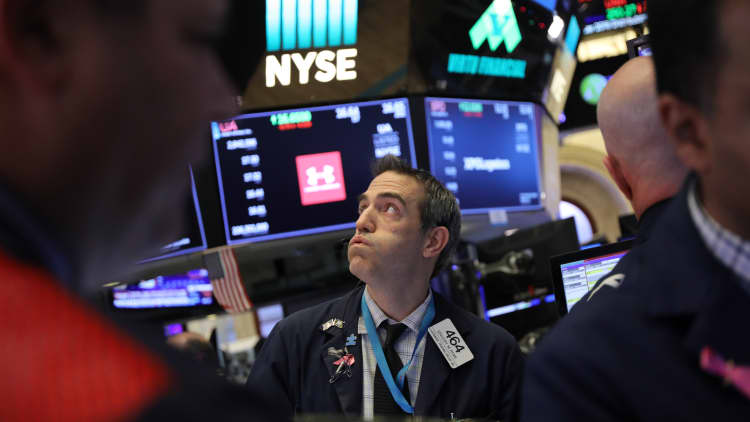Oil fell further under $58 a barrel on Thursday, kept in check by concerns about global economic growth, oil demand and signs of excess supply despite OPEC-led cuts.
Euro zone business growth stalled in September, a survey on Thursday showed, a day after the U.S. announced import tariffs on European Union products. U.S. crude inventories rose 3.1 million barrels last week, more than forecast.
"It is simply impossible to predict where the next significant price support will come from as the focus is firmly on economic developments," said Tamas Varga of oil broker PVM.
"And those are anything but optimistic," he added.
Brent crude oil futures fell just 1 cent to $57.68 a barrel, after tumbling 2% in the previous session. U.S. West Texas Intermediate (WTI) crude settled down 19 cents to $52.45.
Oil prices fell Thursday morning after the Institute for Supply Management's Thursday report showed the services sector continued its expansion in September but at a much slower pace than expected.
The important gauge into the main component of the American economy came in at 52.6, compared to an expected reading of 55.3 from economists surveyed by Dow Jones, its weakest reading since August 2016. Any read over 50 indicates expansion, while any under 50 represents contraction.

Lending oil some support were hopes that the United States and China might make progress in resolving their trade dispute and figures showing output in the United States — which has been the fastest source of supply growth — fell in July.
"Next week U.S.-China trade talks remain the unknown variable which could lend a modicum of support," said Stephen Innes, market strategist at AxiTrader.
The talks are set to resume on Oct. 10.
This year, Brent has risen about 7%, supported by supply cuts led by the Organization of the Petroleum Exporting Countries and allies including Russia, plus involuntary outages such as a drop in Iranian exports due to U.S. sanctions.
Nonetheless, concern about the worsening economic outlook has overshadowed support from the supply side and the prospect of further output disruption in the Middle East appears of limited concern to investors.
Brent spiked to $72 a barrel on Sept. 16 following attacks on Saudi Arabian oil installations that shut more than half of the country's output. But Brent is now below the pre-attack level after the Saudi authorities resumed output.
"Crude oil does not want to price a geopolitical premium," said Olivier Jakob, analyst at Petromatrix. "With the lack of strong economic data it is difficult to develop a bullish theme."

